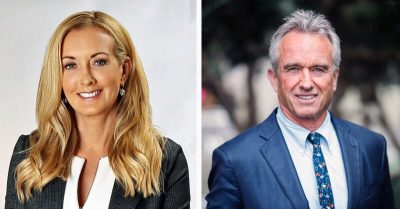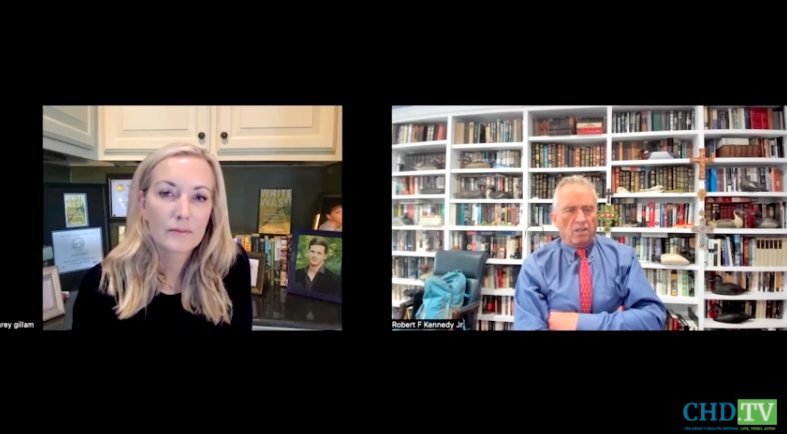‘We are living in pervasive toxic soup of chemical exposure,’ Carey Gillam Tells RFK, Jr.
In an interview on “RFK Jr. The Defender Podcast,” investigative journalist Carey Gillam talked with Robert F. Kennedy, Jr. about the problem of pesticide-laced seeds.

All Global Research articles can be read in 51 languages by activating the “Translate Website” drop down menu on the top banner of our home page (Desktop version).
To receive Global Research’s Daily Newsletter (selected articles), click here.
Visit and follow us on Instagram, Twitter and Facebook. Feel free to repost and share widely Global Research articles.
***
The line separating Big Chemical and Big Food is blurring, according to Carey Gillam, an investigative journalist reporting for more than 25 years on corporate America.
Gillam is the author of “The Monsanto Papers: Deadly Secrets, Corporate Corruption, and One Man’s Search for Justice.” She also is managing editor at The New Lede.
Her first book, “Whitewash: The Story of a Weed Killer, Cancer, and the Corruption of Science,” about Monsanto’s Roundup weedkiller, won the 2018 Rachel Carson Book Award from the Society of Environmental Journalists.
Gillam and Kennedy on Friday discussed Gillam’s recent project covering the AltEn LLC ethanol plant in Nebraska, which produced massive quantities of toxic, pesticide-laced waste, polluting the surrounding land and water.
AltEn produced biofuel by “recycling” seed companies’ unwanted stocks of seeds coated with neonicotinoids, which can have neurotoxic effects on people and animals.
Gillam called it a “tragic situation,” saying,
“It really is emblematic of the destructive things that can happen when you have such a lack of regulation.”
“We are living in this pervasive toxic soup of chemical exposure,” she added.
The plant is now closed and a massive cleanup is underway, but the chemicals have damaged the soil, water, animals and possibly people in the area, she said.
Kennedy and Gillam agreed that powerful companies such as Bayer, Dow, Monsanto and others use money and influence to control regulatory agencies that are supposed to be protecting the public.
Farmers “can hardly find seed anymore that isn’t coated with these chemicals, because the big chemical companies now also are the big seed companies,” Gillam said.
“They control the market to such a degree that farmers can’t really escape these chemicals when they’re planting conventional crops.”
Kennedy agreed.
“The agricultural regulators are captive agencies that are essentially just subsidiaries for these big chemical companies — in the same way the pharmaceutical companies run the public health regulatory agencies,” he said.
Click the image below to watch the podcast.
*
Note to readers: Please click the share buttons above or below. Follow us on Instagram, Twitter and Facebook. Feel free to repost and share widely Global Research articles.
Susan C. Olmstead is the assistant editor of The Defender.
Featured image is from CHD


